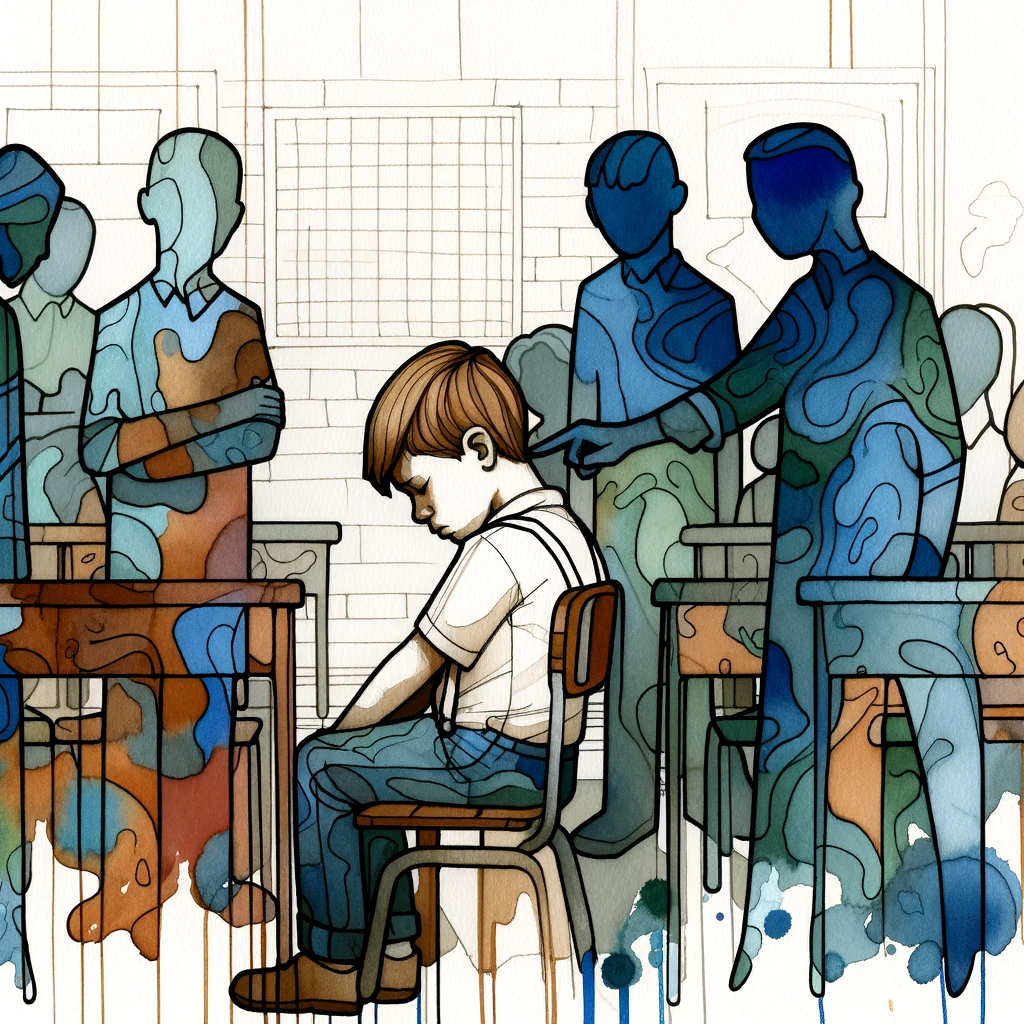
School Exclusion and Its Impact on Parents of Autistic Children
In our quest for inclusive education, it’s vital to recognize that not all students receive the same opportunities, especially those with disabilities like autism. Despite advances in policies promoting inclusion, school exclusion remains a significant barrier, disproportionately affecting autistic children. This not only hampers their educational journey but also places considerable emotional and psychological strain on their parents and caregivers.
What is School Exclusion?
School exclusion can take many forms, from formal expulsions and suspensions to more subtle practices like pressuring parents to keep their children at home. Autistic children are notably more likely to face such exclusions, often based on misunderstandings or stereotypes about their behavior. This not only deprives them of essential social and academic experiences but also marks their records, potentially limiting future educational opportunities.
The Ripple Effects on Parents
When a child is excluded from school, the impact reverberates throughout the family. Parents face disrupted routines, increased stress, and often must balance the demands of their child’s care with their careers. This can lead to job instability, financial insecurity, and significant mental health strains. Mothers, in particular, are often profoundly affected, sometimes having to reduce their work commitments or leave their jobs altogether, adding to the family’s stress.
The Emotional Toll
The emotional impact on parents is profound and multifaceted. Feeling that they must constantly advocate for their child’s rights within the school system can lead to feelings of frustration, anger, and helplessness. These emotions are compounded by the societal stigma often attached to autism, which can lead to parents being unfairly blamed for their child’s behavior.
The Need for Support
Mental health professionals, especially those working in schools, play a crucial role in supporting these families. By understanding the specific challenges faced by parents of autistic children, they can help alleviate some of the burdens. This includes providing emotional support, helping navigate the educational system, and advocating for policies that prevent unfair exclusionary practices.
Moving Forward: A Call to Action
Further research into the specific impacts of school exclusion on parents is essential to developing targeted interventions that can help. Schools need to be part of this solution, fostering an environment of understanding and support for all students, including those with autism. This involves training teachers, adjusting policies, and ensuring that inclusion is not just a policy but a practice.
Engage with Us
Do you have experiences or thoughts about school inclusion and exclusion? Share your stories in the comments below. Your input can help deepen the conversation and lead to more effective solutions.
Empower Your Mind, Transform Education!
Leap into a world of groundbreaking school psychology for just $50 per year. With This Week in School Psychology, get the most stimulating content delivered directly to you. Benefit from time-saving summaries and impactful insights. Your support fosters a more enlightened educational sphere. Don’t just read about change; be the change. Subscribe now for a year of empowerment!



